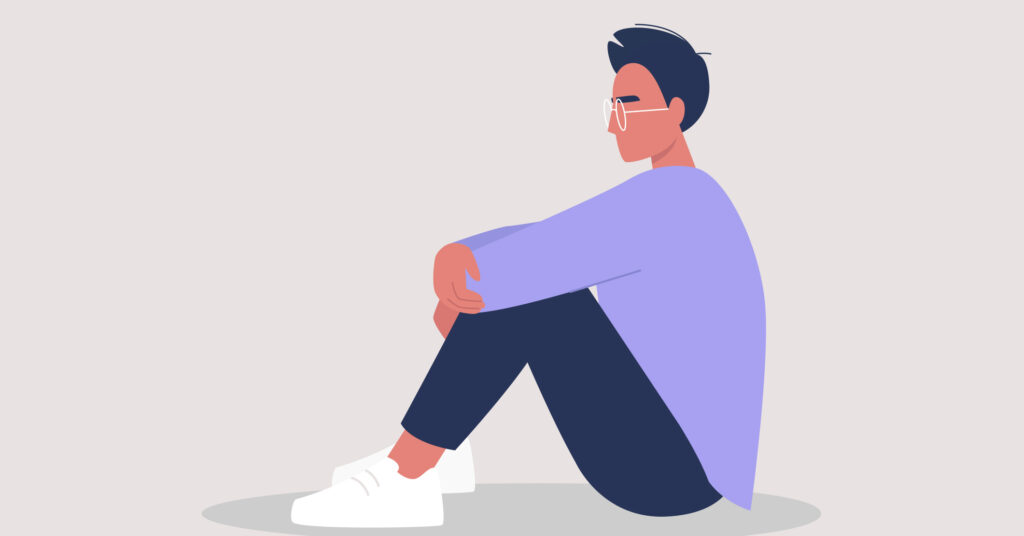Substance abuse disorder affects people from all walks of life. Around 48.7 million people aged 12 or older had a substance abuse disorder in 2022. Some of those individuals were struggling with addiction to both drugs and alcohol. Knowing the signs of substance abuse can help families identify if a loved one is at risk so they can take the first steps towards recovery.
What Is Substance Abuse?
Substance abuse is defined as the use of illegal drugs, medications or alcohol for purposes other than those they were intended for or the excessive use of those substances. Substance abuse can be harmful in many ways, potentially leading to health issues, damaging interpersonal relationships or causing a person to lose their job.
What Are Some Warning Signs of Drug Use?
Drug use in young people can be difficult to identify, as many substance abuse symptoms are things that are also normal signs of puberty and teenage boundary testing, such as:
- Mood swings and irritability
- Appearing anxious or fearful
- Changes in hobbies or friends
- Secrecy
- Neglecting chores or schoolwork
So, what is a warning sign of drug use? Some physical signs of drug use to watch out for include:
- Bloodshot eyes or pupils that are larger or smaller than normal
- Changes in appetite
- Unusual smell on the breath
- Impaired coordination
Other Signs of Substance Abuse
Common signs of substance abuse include:
- Loss of interest in hobbies or social activities
- Withdrawing from responsibilities at work
- Secretive or dishonest behavior
- An increase in risk-taking behavior
- A change in spending habits
- Fatigue
- Reduced interest in personal hygiene
Those who are struggling with alcohol abuse or addiction to prescription medications may be able to function normally in their jobs and hide their addiction from their loved ones for a while. However, their addiction may be doing lasting damage to their body even if they appear fine to outsiders.
Substance Abuse Disorder vs. Stress or Anxiety
Substance abuse is often linked to stress, anxiety or even depression. In 2022, 21.5 million American adults suffered from both a substance abuse disorder and a mental health disorder at the same time. Some people who are experiencing negative emotions may turn to drugs or alcohol as a way of coping with their difficulties. In other cases, the opposite is true, and a person who’s struggling with addiction may experience stress or anxiety as a result of their addiction.
Occasional recreational use of alcohol or other substances isn’t necessarily a sign that a person has a substance abuse disorder. However, if a person finds themselves indulging regularly, binge drinking or concealing their behavior from loved ones, this could be a sign of an unhealthy dependency developing.
Conditions Similar to Substance Abuse Disorder
Substance abuse disorder refers to the abuse of illegal drugs, stimulants, prescription medications, alcohol or tobacco. There’s a component of physical addiction to these substances that makes it difficult for people to stop using them.
However, there can also be a psychological aspect to addiction. Other conditions, such as OCD, anorexia nervosa and exercise addiction, are manifestations of similar issues. Where people who are struggling with an addiction to alcohol or recreational drugs may have initially used these substances to cope with stress or trauma, those who are living with anorexia or compulsive exercising may have initially turned to diet or exercise to cope as well.
Addiction is something that affects people from all walks of life, and it can be challenging to recover from, as successful recovery requires addressing both the physical and psychological aspects of the addiction. Understanding this, and the complex interplay between substance abuse disorder and other mental health challenges, is an essential part of recovery.
What to Do If You’re Struggling With Substance Abuse
If you’re struggling with substance abuse or are concerned about a close friend or family member, why not talk to someone in confidence about your concerns? The Mental Health Hotline is open 24 hours a day, 7 days a week, and can answer your questions in confidence.
The helpline is free, and we can help you find a local counselor who can assist with substance abuse-related issues. Whether you have a specific question or just want to talk, our team is ready to take your call.
